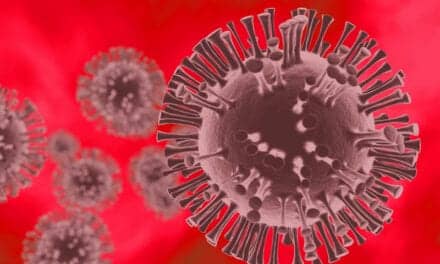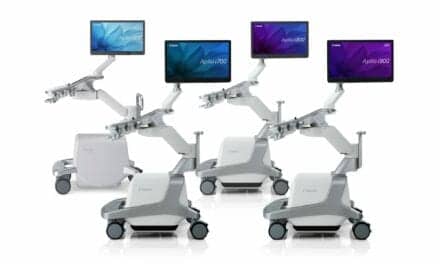UltraSight, an Israeli-based cardiac ultrasound company, announces new findings from a landmark study. According to the results, UltraSight’s artificial intelligence (AI) guidance and quality assessment technology allows medical professionals, with no prior sonography experience, to accurately perform echocardiographic examinations and acquire advanced images of the heart.
This multicenter study was conducted across two U.S. locations, including the University of Chicago and Aurora St. Luke’s Medical Center in Milwaukee, and at the Sheba Medical Center in Israel. It evaluated 2D transthoracic echocardiography images acquired by nine residents and registered nurses, none of whom had prior cardiac ultrasound experience, using UltraSight’s AI real-time guidance software.
After undergoing a one-day training course, the novice ultrasound users scanned 240 cardiac patients and acquired 10 standard echocardiography views. The patients were also scanned by a professional sonographer, without using the software, and each exam was blindly evaluated by a panel of five U.S.-based cardiologists who graded the exams for their diagnostic quality and anatomical elements.
“The quality of the exams conducted by both the novice users and professional cardiac sonographers were remarkably comparable,” says Prof. Roberto M. Lang MD, Director of Noninvasive Cardiac Imaging Laboratory at the University of Chicago, and the principal investigator. “After analyzing the results, it is apparent that healthcare professionals without prior sonography training can follow the guidance offered by the software and capture diagnostic quality ultrasound images of patients’ hearts.”
The results confirm that the cardiac exams performed by the novice ultrasound users successfully permitted the assessment of the following:
- Left ventricular size (99.2%)
- Left ventricular function (99.6%)
- Right ventricular size (93%)
- Presence of significant pericardial effusion (100%)
The results also confirm that using UltraSight’s AI guidance, novice ultrasound users can acquire diagnostic quality images of the 10 standard echocardiographic views in 68%-94% of exams, like the results from a pilot study conducted earlier this year.
“UltraSight’s technology was designed to allow healthcare professionals, regardless of their sonography experience, to capture diagnostic quality cardiac ultrasound exams,” says Davidi Vortman, UltraSight’s CEO. “We are thrilled that all primary and secondary endpoints of the study were met.”
This study was conducted using the Philips Lumify ultrasound device. The underlying AI neural network predicts the position of the ultrasound probe relative to the heart, based on the ultrasound video stream, and guides the user on how to maneuver the probe to acquire images of diagnostic quality.
The UltraSight software is currently under U.S. FDA review and is pending a 510K clearance.






